Principal's Blog
Participating and Contributing
While working on this week's newsletter I was wondered what parents thought about when they heard the Key Competency "Participating and Contributing" mentioned.
There are 5 different Key Competencies in the NZ curriculum that we seek to develop in our students. Two refer to academic competencies ("Thinking" and "Using Language Symbols and Texts") and three are more social competencies (Relating to Others, Managing Self, and Participating and Contributing).
This week when classes visited the Marine Reserve children were able to develop and display the Key Competency, Participating and Contributing.
Participating because they went. This is not hard to do, surely. You just have to show up and go. But of course students can participate at different levels. Sometimes a child will sit back and watch, and not want to get too involved. Others want to do everything. These are the students who push to the front of the line in their excitement, the ones whose enthusiasm sees them leaping about, rushing to get to the next activity, sometimes barely stopping to notice the details along the way.
Participating can mean a bunch of different things; attending community events, joining in with games and conversations, completing jobs and tasks, and so on. Participating in activities both the mundane and the exciting is an important part of learning at school. Children need opportunities to participate in a wide range of experiences in order to learn, not just facts about a topic, but also about how to act as part of a group. By participating with others we learn about them as well as ourselves. Who knew before the trip that they were brave enough to pick up a starfish? If I'm brave enough to do that, what other feats can I accomplish?
We are grateful for the contribution of the parents who went to help, also the Marine Reserve volunteers that contribute their time and knowledge and make trips like this possible.
Children contributed too. Answers to questions, smiles to a classmate, thoughts and ideas about the creatures. These small contributions are just the beginning of course. By the time our children have grown, we hope that they've learnt the skills to participate in bigger events and activities that impact in a greater way on the lives of others and on the environment. We also hope that they've learnt the value of contributing to things for the greater good, not just for what they may receive in return.
Ridgway is proud to be an enviro-school. By participating in the Marine Reserve trip we hope our children will be inspired and motivated to learn more about our wonderful world (now and in the future) so that they will find many ways to contribute to it, to sustain it, and to make it a better place.
Do you have great photos of the trip? I'd love to post a few on our web-site!
k
This is how Participating and contributing is described in the New Zealand Curriculum document...
This competency is about being actively involved in
communities. Communities include family, whānau,
and school and those based, for example, on a common
interest or culture. They may be drawn together for
purposes such as learning, work, celebration, or
recreation. They may be local, national, or global.
This competency includes a capacity to contribute
appropriately as a group member, to make connections
with others, and to create opportunities for others in the
group.
Students who participate and contribute in communities
have a sense of belonging and the confidence to
participate within new contexts. They understand the
importance of balancing rights, roles, and
responsibilities and of contributing to the quality and
sustainability of social, cultural, physical, and
economic environments




Find us on Facebook
Copyright 2020 Ridgway School | Contact Us | Designed by Expert and Powered by MoST
Playground design by Mark Newdick, Photography by Andy Spain